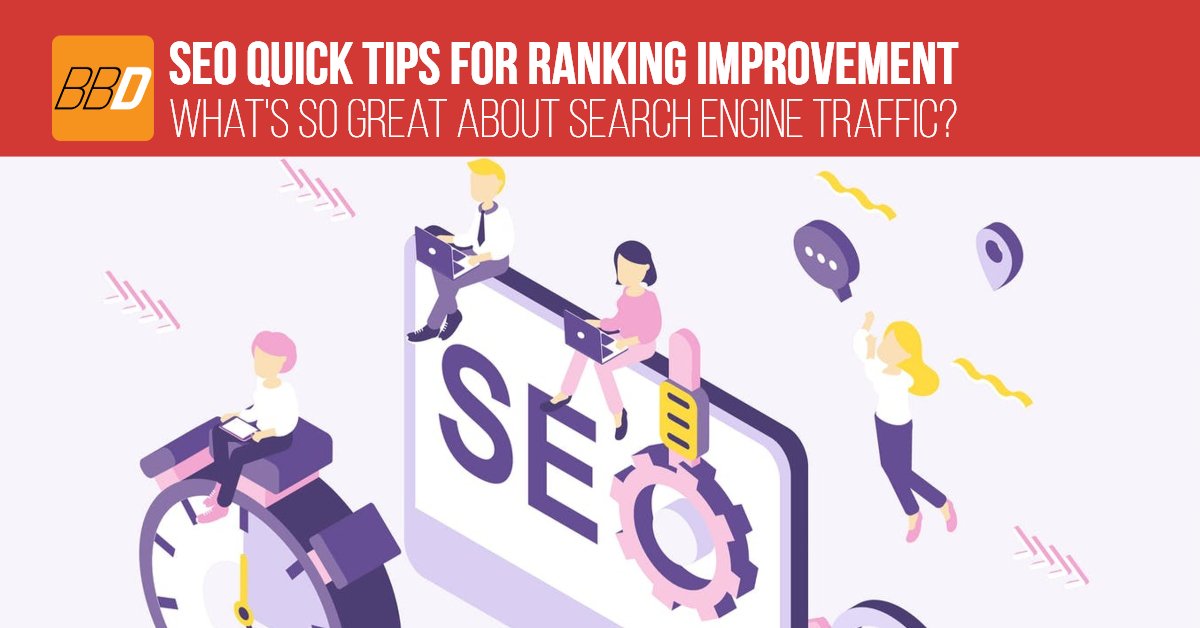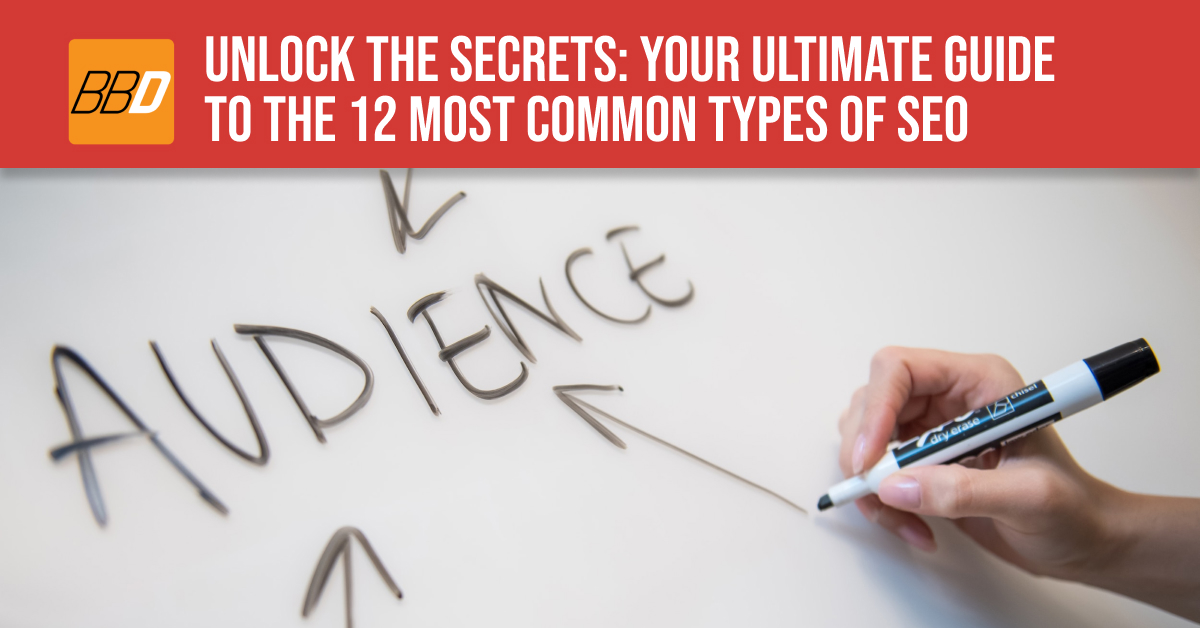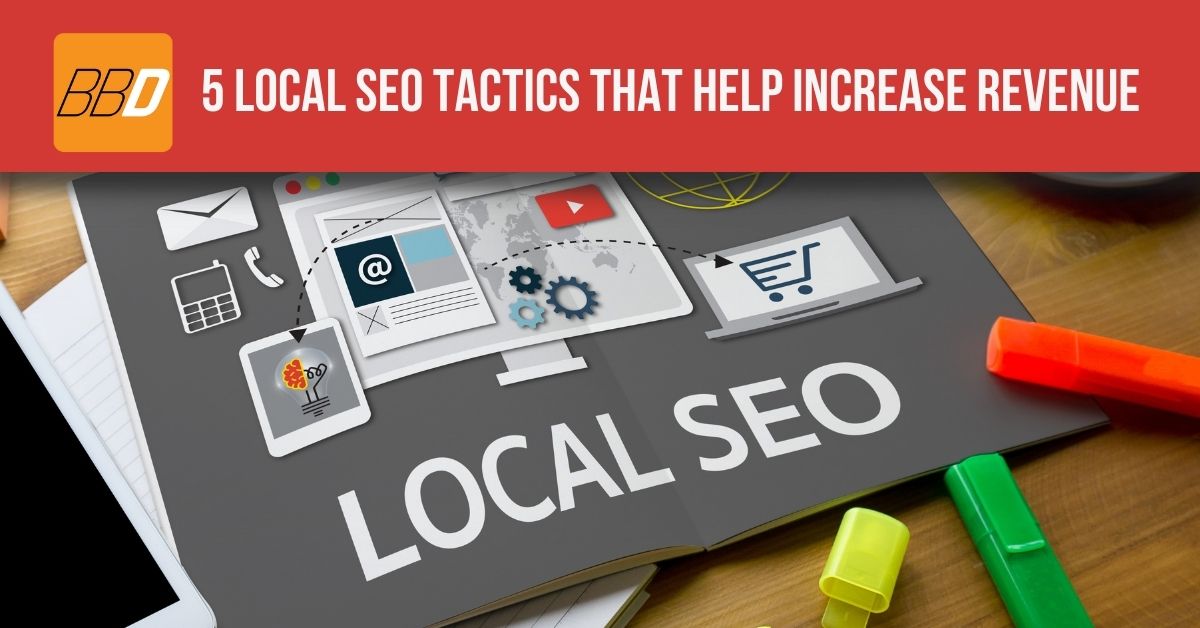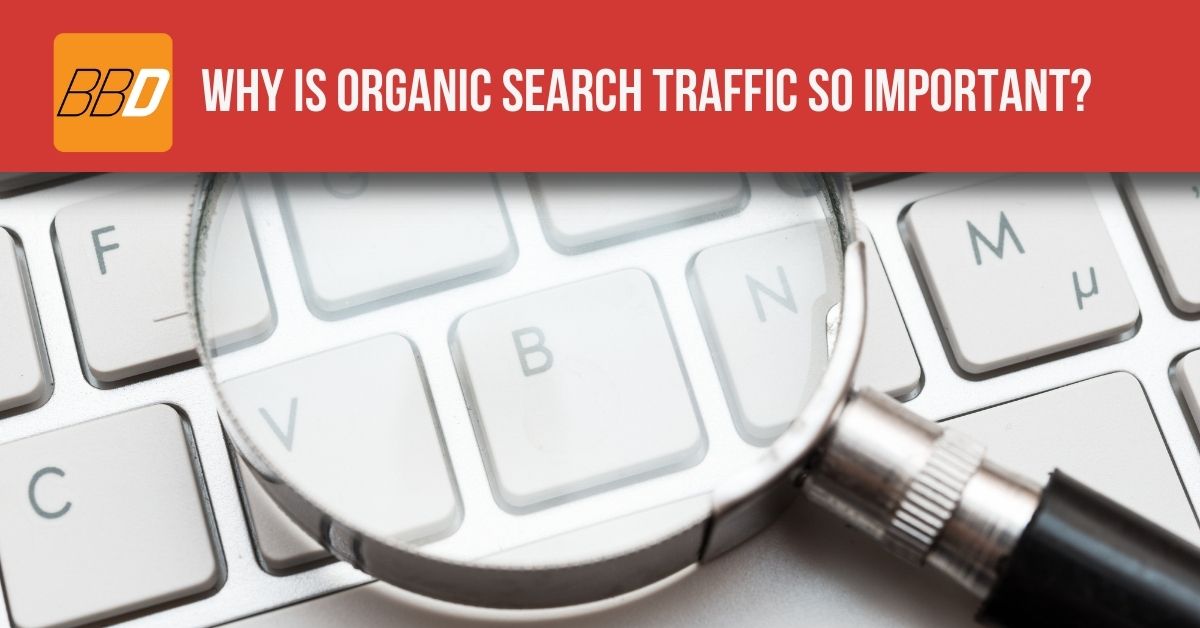One of the best ways to get relevant traffic flowing to your website is to use search engine optimization (SEO) techniques that make your site rank high in the search results.
What’s so great about search engine traffic?
When your website provides the exact information searchers are looking for, you have the chance to prove your site is useful because you’ve just met their needs. At the same time, you are exposing this person to your company’s branding through your web design. All of this without paying for each click through ads or managing your social media. While those sources of traffic are still great, why wouldn’t you want to take advantage of free, relevant traffic through search results?
While there are many things you can do to improve your site’s SEO in the long term, this post isn’t about the nitty gritty. These are quick tips to get you started with some basic best practices so you can start seeing results with your SEO efforts.
Quick SEO Tips
Choose Your Keywords
We’ve discussed this in a bit more detail previously, when we discussed the types of keywords buyers use and separating niche and general keywords.
The most important thing is to choose keywords relevant to your business and that people are searching for. Do some keyword research before you write your content to get more value from the content you produce.
Use Keywords Wisely
Use the keywords in your title and include them a few times in your content. Do not stuff them in awkwardly or stuff them where they don’t belong. Search engines want content written for humans. Always keep this in mind.
Make Your Content Readable
Readability matters. It keeps readers on your site longer, which improve your bounce rate. (More about what your bounce rate it and why it matters in another post.)
When you’re considering readability, look at your web site design (the colors and fonts should be easy to read). For your content, add in H2 and H3 heading tags, and put keywords in them when relevant to your content. Use bolding and italics where applicable. Write shorter paragraphs that are easy to scan.
When your content is easily scanned, it encourages readers to look it over before they decide to read it.
Update Your Content Frequently
Search engines, especially Google, want to see websites updating frequently. This tells them a site is still relevant and creating worthwhile content. You can keep your site updated by making a few updates to your old content and by adding new posts. A blog can be a great way to keep your site updated frequently and build up a thick catalog of content for the search engines to find.
Look At Your Site URL and Meta Description
When people scan the search result pages, they will see your meta description and your URL. Do these look relevant to the searcher? Use your keywords in your URL if you can and write a meta description that is compelling. You want readers to be confident your page contains content they are looking for.







